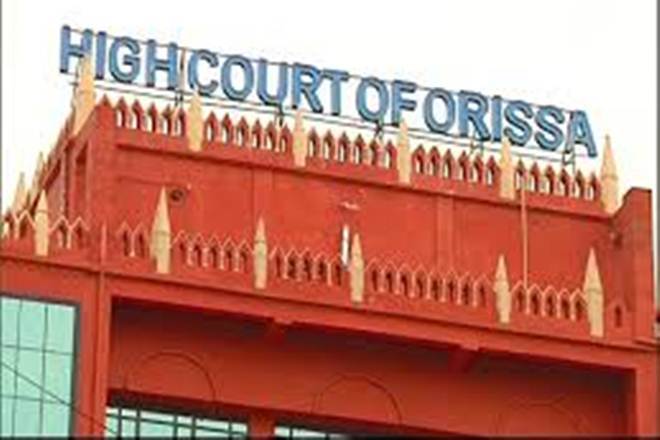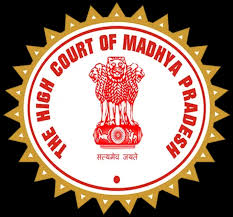Surjit Singh, J.@mdashRespondent No. 2 was engaged as a daily waged worker, by the petitioner-Board, in the year 1991. He had been working as such, continuously. Even now, he is in the service of petitioner-Board. Respondent No. 2 completed 10 years of service as daily waged worker on 1.1.2002 and asked for conferment of work charge status, which as per scheme of the Government, adopted by the Petitioner Board, says that a daily waged worker, having completed 10 years of service with 240 working days in every calendar year, becomes entitled to such a status. Respondent No. 2 was not conferred such status, for the reason that he had become overage and also because his educational qualification was less than that prescribed for the post, against which he was appointed on daily waged basis.
2. Respondent No. 2 filed an original application before the Administrative Tribunal, seeking a direction to the respondent to give him work charge status from the date he had completed 10 years of service, as daily waged worker. Learned Tribunal has allowed his petition, vide impugned order dated 7th August, 2007, Annexure P-3. Petitioner-Board is aggrieved by this order.
3. Petitioner-Board has filed this writ petition seeking judicial review of the aforesaid order. Grounds raised in the petition are the same as were raised before the learned Tribunal, for opposing his original application. It is stated that the respondent had become overage on the date, he completed ten years service and also he did not possess the requisite educational qualification.
4. We have heard the learned Counsel for the parties and gone through the record.
5. It is stated on behalf of the Petitioner that during the pendency of the present writ petition, an order conferring work charge status or regularization of his services has been passed in favour of the respondent No. 2, after obtaining relaxation from the Government. If that is so, the objection that the respondent was ineligible for conferment of work charge status or regularization of services cannot be upheld. It is stated by the counsel for the Petitioner that order for conferment of status of work charge or regularization of service of respondent No. 2 has been passed and the order has been made effective from the date of order of relaxation passed in favour of respondent No. 2 by the Government. He submits that respondent No. 2 could not have been ordered to be conferred the status of work charge by the learned Tribunal on and with effect from the date of his completing 10 years of service in the absence of relaxation and that since the relaxation has been ordered by the Government during the pendency of the writ petition, the order cannot be effective from a date prior to the date of relaxation.
6. We have considered the submission. Relaxation granted by the Government would relate back from the date when, as per the scheme of the Government, as adopted by the petitioner-Board, the Petitioner became eligible for the conferment of work charge status, i.e. on completing of 10 years of service with 240 working days in every calendar year. Admittedly, he completed 10 years of service as daily waged worker with 240 working days in every calendar year on 31st December, 2001 and thus become eligible for conferment of work charge status on and w.e.f. 1.1.2002.
7. Also, we do not find from the record indicating that there is any condition regarding maximum age and educational qualification for conferment of work charge status upon a daily waged worker, if he otherwise, fulfills the condition of length of service and number of working days during each calendar year, as per the Scheme.
8. Thus, we find no fault with the order of the learned Tribunal. Consequently, the writ petition is dismissed.

